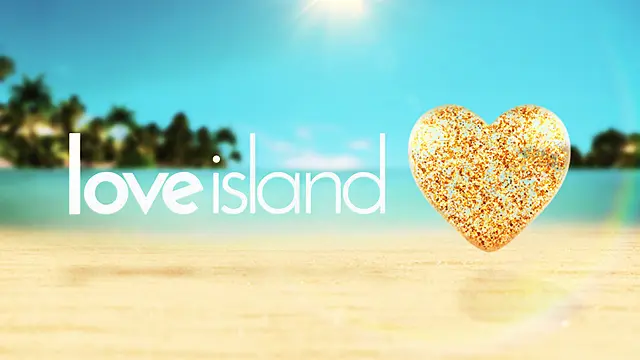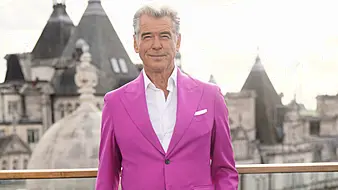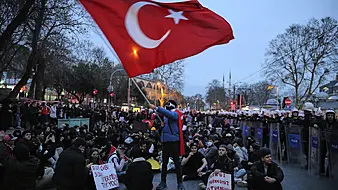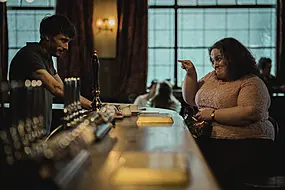Love Island contestants will receive inclusion training exploring language and behaviour before entering the villa as part of ITV’s “extended duty of care protocols”.
All contestants involved in the hit ITV2 reality series will receive video training and guidance on inclusive language around disability, sexuality, race and ethnicity, behaviours and microaggressions.
The measures are part of ITV’s duty of care protocols announced ahead of the eighth series starting on June 6th.
The conversations will be chaired by the Black Collective of Media in Sport (Bcoms) founder Leon Mann MBE, broadcaster Sean Fletcher, disability specialist Shani Dhanda and Diversity, Equity and Inclusion (DEI) consultant Hayley Bennett.
Here's your first hot date of the summer ❤️🔥 #LoveIsland is back Monday 6th June on @itv2 and @itvhub! pic.twitter.com/ev7F1Vw3xk
— Love Island (@LoveIsland) May 24, 2022
The discussions will also tackle topics including creating safe spaces and being a good ally.
Ade Rawcliffe, group director of diversity and inclusion at ITV, said: “The world we live in is changing every day, and we want all of our islanders to feel they are part of an inclusive environment in the villa.
“As part of our duty of care process, it is also important we play our part in educating our participants to understand and empathise with different perspectives and lived experiences.”
In 2019, The Jeremy Kyle Show was axed from ITV’s schedules amid growing scrutiny of the duty of care that reality TV shows have to participants following the death of a contestant, and Love Island also faced criticism following the deaths of former contestants Sophie Gradon and Mike Thalassitis.

Among the processes detailed for all contributors on Love Island are “comprehensive psychological support”, “detailed conversations regarding the impact of participation on the show” and a “proactive aftercare package”, the broadcaster said.
Before entering the show, prospective contestants will watch a video fronted by the show’s executive producer and head of welfare interviewing former islanders about their experiences on the show.
It includes details on the two-week period before they enter the villa, how to cope being filmed 24 hours a day and dealing with social media trolling.
ITV has also detailed pre-filming and filming, as well as aftercare processes for contestants.

Pre-filming stipulations include contestants disclosing “any medical history” that would be relevant to their time in the villa, as well as “managing cast expectations”.
Aftercare procedures also include “proactive contact with islanders for a period of 14 months after the series in which they have appeared has ended, with additional help provided where applicable”.
Dr Paul Litchfield, who was appointed by ITV in 2018 when it launched a review of Love Island’s participant welfare processes, said: “The importance of promoting good mental health and avoiding psychological harm is now well understood and the measures ITV has put in place to safeguard the welfare of participants continue to evolve.

“Being thrust into the glare of intense public scrutiny can be daunting and providing effective support to people living through that experience is critical.”
In May 2019 ITV released a comprehensive new set of duty of care processes ahead of the fifth series starting, which was later won by Amber Gill and Greg O’Shea.
This year’s series will once again be hosted by Laura Whitmore. The show’s former host, Caroline Flack, took her own life at the age of 40 in February 2020.
The new series will air on June 6th on ITV 2 and ITV Hub.







